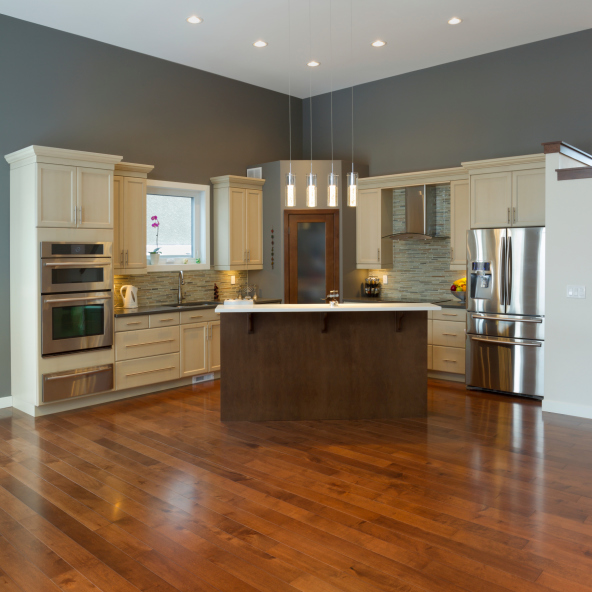3 Reasons You Might Decide to Retire to a Tiny Home – and Why You’ll Love It
 Many people romanticize the idea of paying off their home mortgage early so they can enjoy their home in retirement, but when it comes to the later years of life, a big house can actually be too much to handle. If you’ve started to consider a smaller home and are wondering why it might be a good decision for you and yours, here are a few things you may want to consider.
Many people romanticize the idea of paying off their home mortgage early so they can enjoy their home in retirement, but when it comes to the later years of life, a big house can actually be too much to handle. If you’ve started to consider a smaller home and are wondering why it might be a good decision for you and yours, here are a few things you may want to consider.
It’s Much Easier To Maintain
It is often the idea of the palatial estate with a pool that homeowners get excited about, but when it comes to reality, the larger the home, the harder it is going to be to take care of and maintain. If you don’t have a maid or a butler, a smaller home will enable you to spend a lot more of your free time doing things that you love instead of being bound to a house that is full of repairs and maintenance that needs to be completed.
Save On The Big Home Bills
One of the worries associated with getting older is having the ability to maintain your lifestyle in old age, and a smaller home can actually alleviate many of the high costs that go along with having an oversized home. A smaller home will not only minimize your insurance and taxes, it can also positively impact the amount you pay each month for heating and electricity, so you’ll notice the savings right off the bat.
The Freedom Of A Downsized Lifestyle
One of the best things about downsizing to a smaller home is the huge sense of responsibility that can be left in the dust. Instead of being held back by all of the stuff required to fill a big house, a small home means there is less to worry about. This may mean you’ll have the option to go on longer vacations or can even relocate to a hot climate for the summer months, and you’ll only need someone to come by and water the plants every once in a while!
There are plenty of people that decide to downsize later in life since it can actually be a great way to save money and have a lot more freedom.
 Growing a home garden creates beauty, oxygen and even food for our families to enjoy. If you’re looking to get more from your home garden, here are four easy ways to improve a green thumb.
Growing a home garden creates beauty, oxygen and even food for our families to enjoy. If you’re looking to get more from your home garden, here are four easy ways to improve a green thumb. Buying newly constructed real estate isn’t much different from buying an “already used” home. What variances there are, however, can make all the difference between buying a diamond or a lemon.
Buying newly constructed real estate isn’t much different from buying an “already used” home. What variances there are, however, can make all the difference between buying a diamond or a lemon.